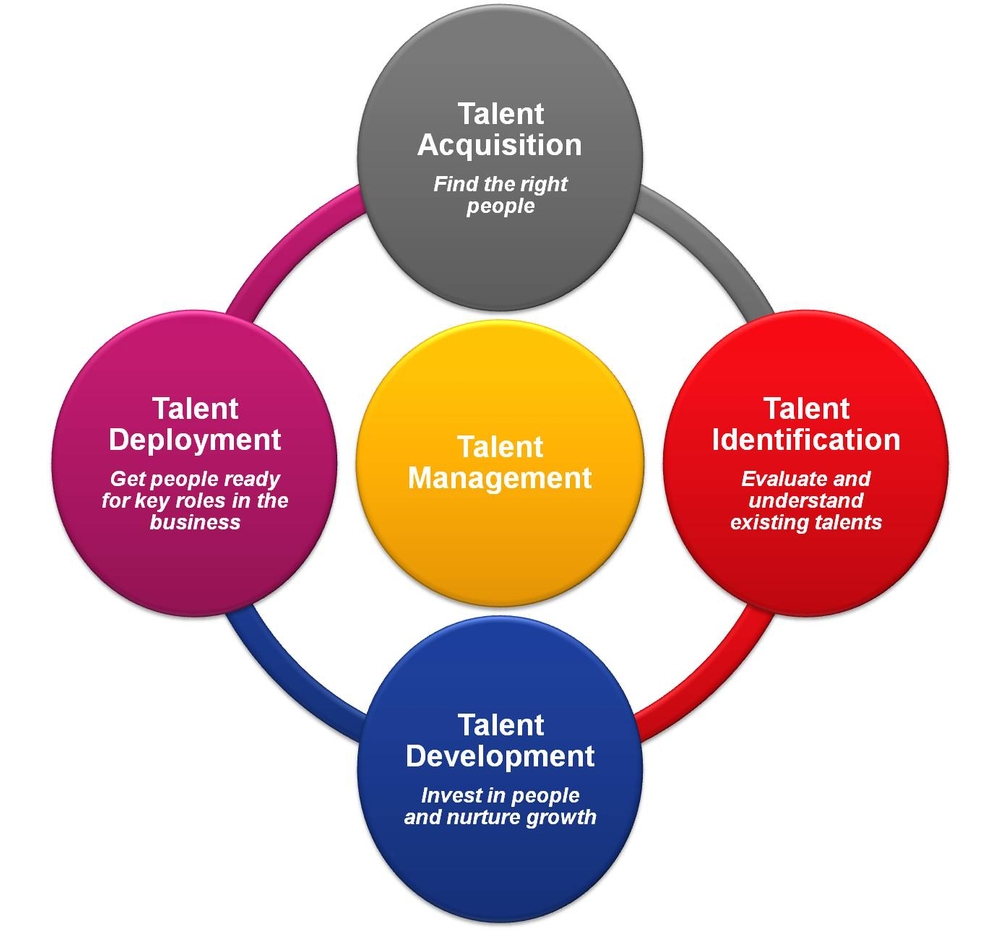HR Competencies – Rising to Meet the Business Challenge
13 December 202113 February 2015 | People
The world of business is now a global village which raises new challenges and provides countless opportunities. As a consequence, the focus is not only on financial results but also on value creation.
To meet these challenges, the competencies of HR professionals must be ever-evolving, as they play an unique role of liaisons between people and business issues. But what are the capabilities needed by HR professionals to deliver value? This we are about to discover.

1. Credible Activist
The HR professionals have to be credible to both their HR counterparts and the business line managers whom they serve. For this, they must have strong domain specific knowledge and business knowledge (an understanding of the business and industry of the company) and to be oriented towards continuous learning and growing.
For this knowledge to have an impact, HR professionals need also to be active. That means they need to create and maintain effective relationships with key people both inside and outside their business and to deliver informed and reasoned decisions, courses of action and recommendations for the best results.
2. Master in staffing
The HR professional also has to know how to attract candidates that fit with the organization on both technical and value levels, this including job ads and their content along with the recruiting channels used to promote them. CV screening has to be done with the requirements from the decision maker in mind and using the business specific knowledge.
After recruiting the best candidates, the HR professional must ensure that the selection process is structured and objective for all of them and to act as a mediator between the candidate and the technical interviewer. Feedback must be offered to those who did not advance into the next stage of the selection process in a manner that facilitates a future collaboration.
After the candidate is hired he/she needs to be passed through a process of onboarding in the company and the team and to become knowledgeable about the culture and the work climate of the organization. Last but not least, the employee has to be retained in the company and the outplacing of the employee must be done with diplomacy and in the best terms.
3. Talent manager / Organizational designer
The HR professional focuses on Talent management – the competency requirements and how individuals enter and move up, across, or out of the organization along with the planning and processes needed (training, career development, performance evaluation). More than that, it encompasses their involvement in the day-to-day problems, concerns and the needs of employees.
HR professionals also have to design an organization that sustains the capabilities of the human resources through the development of structures, processes, and policies that shape how an organization works. The two directions merge and need to be integrated with each other, as good talent without a supporting organization will not be sustained and a good organization will not deliver results without talented individuals with the right competencies in critical roles.
4. Strategy Architect
The HR professional has a vision of how the organization can “win” in the marketplace, now and in the future. He or she can recognize business trends and their impact on the business and forecast potential obstacles to success. The HR professional also contributes to the shaping of the overall HR strategy by linking the internal organization to stakeholders and customer expectations.
Moreover, the strategic competency of a HR professional refers to critical thinking about the strategies that the HR department implements, the estimation of causal relationships between actions and results, along with their measurement and communicating HR strategic performance results to senior line managers. This enables the HR professional to show correlations and causal relationships between HR systems and financial outcomes, customer value proposition, and even competitive advantages.
5. Operational executor
The HR professional executes the operational aspects of managing people and organizations. Policies need to be drafted, adopted and implemented. Employees also have many administrative needs (e.g., to be paid, relocated, hired) that HR professionals cater to.
6. Business Ally
Businesses succeed by setting goals and objectives that address external opportunities and threats. HR professionals contribute to the success of a business by knowing the social context or setting in which their business operates.
They also know how the business makes money, who its customers are and why they buy the company’s products or services.
Finally, they have a good understanding of the parts of the business, their responsibilities and how they work together, so that they can help the business meet its goals. HR professionals need to understand the business and make business results happen.
Conclusion
We found that the best HR departments focused equally on people inside the company (employees and line managers) and outside the company (customers, investors, and communities) and that HR departments have the desired impact on the business when they manage the three main areas of HR: staffing, talent and administration.
Author: Anda Teodora Florescu
References
- Boselie, P., & Paauwe, J. (2005). Human resource function competencies in European companies. Personnel Review, 34(5), 550-566.
- Ramlall, S. J. (2006). Identifying and understanding HR competencies and their relationship to organizational practices. Applied HRM Research, 11(1), 27-38.
- Ulrich, D., Brockbank, W., Yeung, A. K., & Lake, D. G. (1995). Human resource competencies: An empirical assessment. Human Resource Management, 34(4), 473-495.


